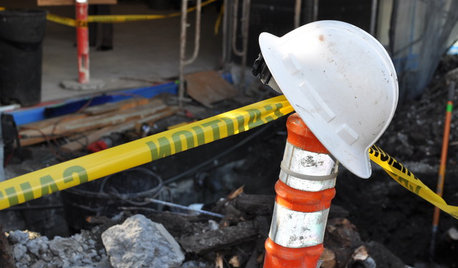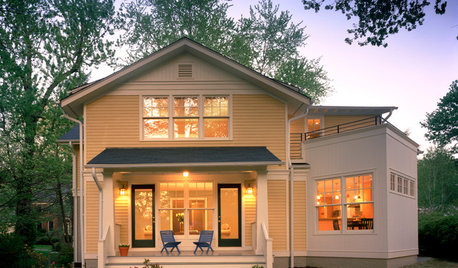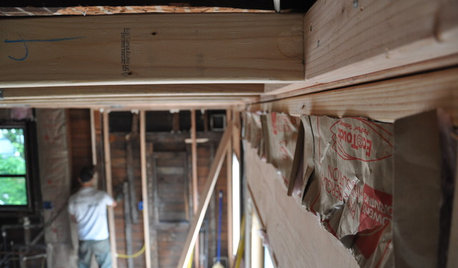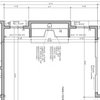Negotiating with builders
tooskinneejs
14 years ago
Related Stories

HOUZZ TOURSHouzz Tour: Builder's Beige Gets a Makeover
Home goes from boring to lively with color, furniture and textures to fit a family's personality
Full Story
THE POLITE HOUSEThe Polite House: How to Handle Fences and Neighbors
When you’re negotiating, it helps to know the rules, figure out your boundaries and then keep the lines of communication open
Full Story
WORKING WITH PROSHow Long Is Your Contractor on the Hook?
Understand how a warranty protects homeowners from shoddy work — and builders from being liable for their work for forever and a day
Full Story
WORKING WITH PROSHow to Hire the Right Architect: Comparing Fees
Learn common fee structures architects use and why you might choose one over another
Full Story
REMODELING GUIDESContractor Fees, Demystified
Learn what a contractor’s markups cover — and why they’re worth it
Full Story
CONTRACTOR TIPSLearn the Lingo of Construction Project Costs
Estimates, bids, ballparks. Know the options and how they’re calculated to get the most accurate project price possible
Full Story
HOUZZ TOURSMy Houzz: Once a Rebel Capitol, Now a Storied Home
Painstaking work turns an 1809 building with many past lives into a homey, inviting residence for a Louisiana couple
Full Story
ARCHITECTUREDesign Workshop: 9 Ways to Open a House to the Outdoors
Explore some of the best ideas in indoor-outdoor living — and how to make the transitions work for both home and landscape
Full Story
FUN HOUZZ31 True Tales of Remodeling Gone Wild
Drugs, sex, excess — the home design industry is rife with stories that will blow your mind, or at least leave you scratching your head
Full Story
BOLD COLORThe Joy of Taking Risks in Design
Not interested in playing it safe? Then check out these 14 bold spaces
Full StorySponsored
Columbus Design-Build, Kitchen & Bath Remodeling, Historic Renovations
More Discussions










sierraeast
jmagill_zn4
Related Professionals
Johnson City Architects & Building Designers · Lafayette Architects & Building Designers · Saint Paul Architects & Building Designers · Oak Hills Design-Build Firms · The Colony Home Builders · Four Corners General Contractors · Bryan General Contractors · Goldenrod General Contractors · Hamilton Square General Contractors · Hutchinson General Contractors · Post Falls General Contractors · River Forest General Contractors · Rock Island General Contractors · University City General Contractors · Westmont General Contractorsmacv
tooskinneejsOriginal Author
macv
mdev
jmagill_zn4
jmagill_zn4
macv
susan3733
jmagill_zn4
alabamanicole
jmagill_zn4
macv
creek_side
jmagill_zn4
alabamanicole
jmagill_zn4
macv
jmagill_zn4
mdev
jmagill_zn4
mdev
jmagill_zn4
alabamanicole
macv
jmagill_zn4
jmagill_zn4
susan3733
jmagill_zn4
alabamanicole
susan3733
mdev
jmagill_zn4
susan3733
jmagill_zn4
susan3733
mdev
alabamanicole
jmagill_zn4
jmagill_zn4
macv
jmagill_zn4
mdev
jmagill_zn4
sierraeast
alabamanicole
robin0919
iamsum
macv